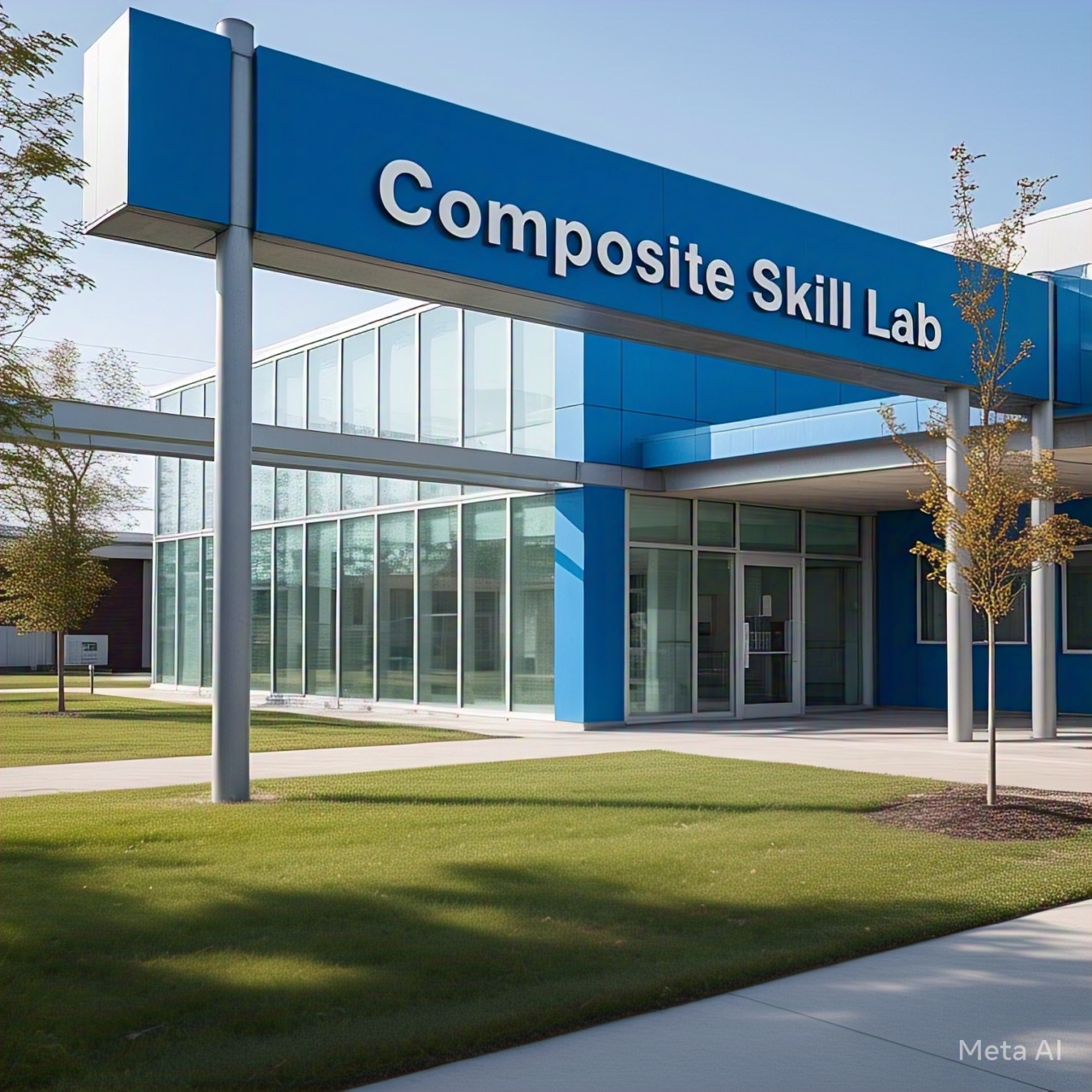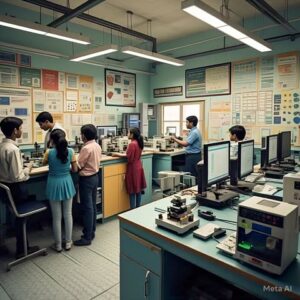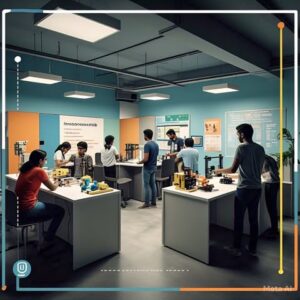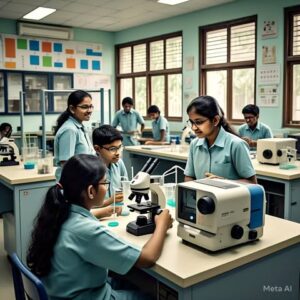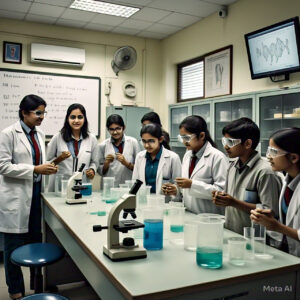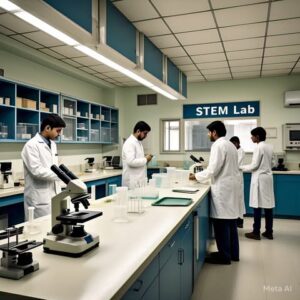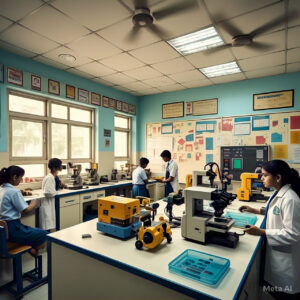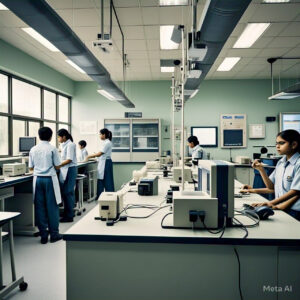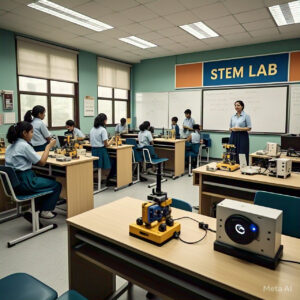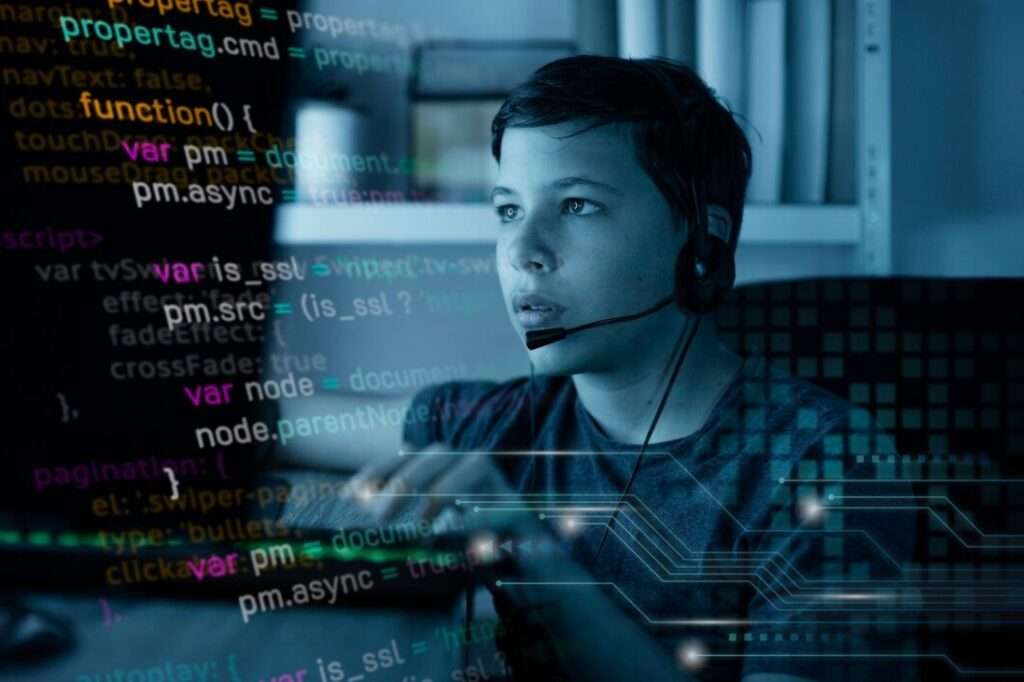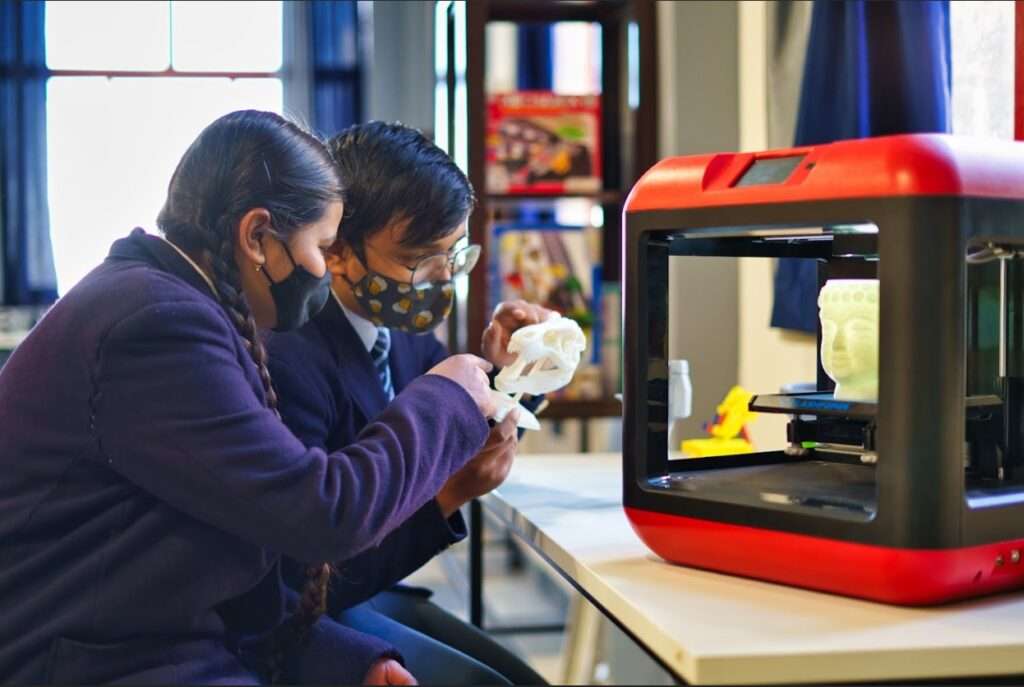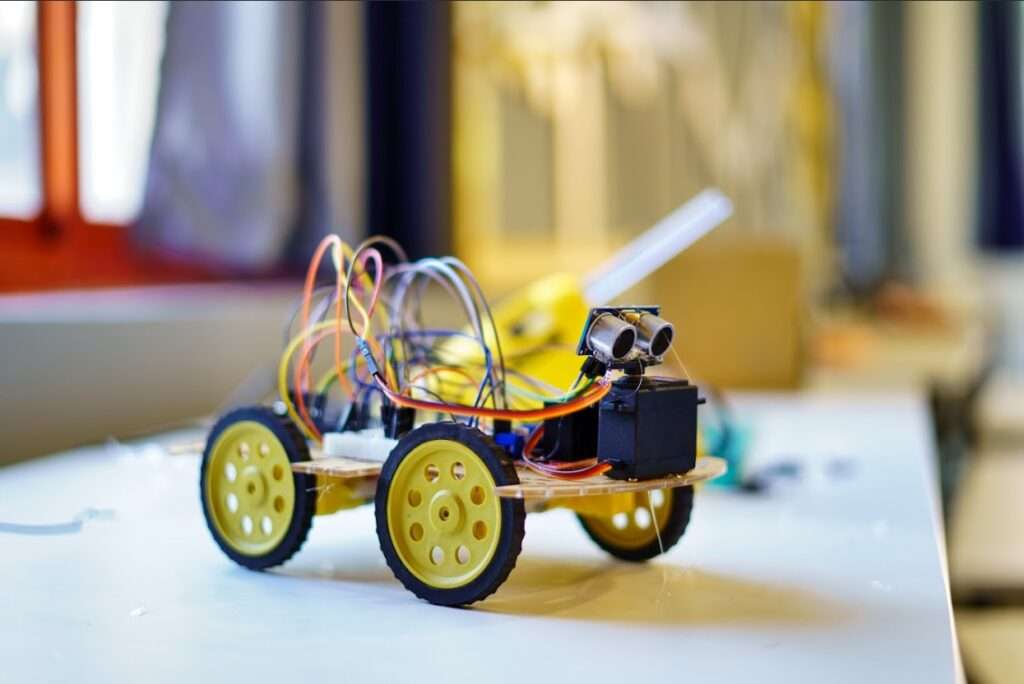In recent years, the Central Board of Secondary Education (CBSE) has taken several progressive steps to modernize education in India. Among these, the introduction of composite skill labs as a mandatory requirement for schools stands out as a forward-thinking initiative. But why has CBSE emphasized this? Let’s delve into the rationale behind this move and its potential impact on students.
The CBSE has made composite skill labs a requirement for schools to ensure students gain hands-on, interdisciplinary learning experiences that prepare them for real-world challenges. These labs integrate science, technology, engineering, arts, and mathematics (STEAM) to develop critical thinking, problem-solving, and creativity in learners. By focusing on experiential education, composite skill labs bridge the gap between theoretical knowledge and practical application, equipping students with skills that are essential for future success. Schools that adopt this initiative not only enhance the learning environment but also foster innovation and teamwork among students. Ready to set up a state-of-the-art composite skill lab in your institution? Contact Makers’ Muse today to create a transformative learning space for your students!
Bridging the Gap Between Theory and Practical Application
Traditional education often focuses heavily on theoretical knowledge, leaving students disconnected from real-world applications. Composite skill labs aim to change this by providing a hands-on learning environment. These labs integrate multiple disciplines such as science, technology, engineering, arts, and mathematics (STEAM) to help students understand how concepts work in practice.
For instance, students might use a 3D printer to design a model, integrating principles of geometry, engineering, and design thinking. Such experiences not only make learning more engaging but also deepen students’ understanding of concepts by showing their practical relevance.
Preparing Students for the Future Workforce
The future workforce will demand skills like critical thinking, problem-solving, and adaptability. According to the World Economic Forum, jobs in fields like artificial intelligence, data analysis, and renewable energy will require multidisciplinary knowledge and technological proficiency. Composite skill labs equip students with these essential skills, ensuring they are prepared for the demands of a rapidly changing world.
By engaging with advanced tools and collaborative projects, students also develop soft skills like teamwork, communication, and leadership, which are equally critical in the workplace.
Promoting Holistic Development
CBSE’s emphasis on composite skill labs reflects its commitment to holistic education. These labs encourage students to think creatively and critically, fostering both cognitive and emotional intelligence. Activities in skill labs often require collaboration, instilling values of teamwork and mutual respect. Moreover, the inclusion of artistic and creative elements ensures that students’ right-brain faculties are also nurtured, leading to a well-rounded personality.
Encouraging Innovation and Creativity
India’s education system has often been criticized for focusing on rote learning and stifling creativity. Composite skill labs are designed to counter this trend by creating an environment where students can innovate and experiment without the fear of failure. From coding apps to building sustainable solutions, students are encouraged to think outside the box and come up with unique ideas.
Such initiatives align with India’s broader goals of fostering a culture of innovation and entrepreneurship, as envisioned in programs like Start-Up India and Atal Innovation Mission.
Addressing the Needs of the National Education Policy (NEP) 2020
The introduction of composite skill labs aligns seamlessly with the objectives of the National Education Policy (NEP) 2020. The NEP emphasizes experiential learning, multidisciplinary education, and the integration of vocational skills into mainstream education. Composite skill labs serve as a practical implementation of these principles, transforming classrooms into dynamic spaces where students learn by doing.
Making Education Inclusive and Accessible
Another significant advantage of composite skill labs is their potential to make education more inclusive. By incorporating tools and technologies that cater to diverse learning styles, these labs ensure that every student, regardless of their academic strengths—can actively participate and benefit. This inclusivity not only enhances engagement but also boosts students’ confidence and self-esteem.
Strengthening India’s Global Competitiveness
In a globalized world, nations that invest in education and skill development are better positioned to compete. By mandating composite skill labs, CBSE is equipping India’s younger generation with the tools they need to excel on the global stage. These labs foster a mindset of lifelong learning, ensuring that students remain adaptable and relevant throughout their careers.
Empower the future: embrace composite skill labs today!
CBSE’s initiative to mandate composite skill labs is more than just a policy change; it’s a step toward redefining education in India. Schools, educators, and parents must embrace this shift to ensure that students are prepared not just for exams, but for life. Let’s work together to make the most of this opportunity and empower the next generation with the skills they need to shape a brighter future. Call Us Today!
Discover Top-Notch Skill Labs for Your School Today! Join Us Today to explore how Makers’ Muse can transform your school with CBSE-aligned skill labs.

